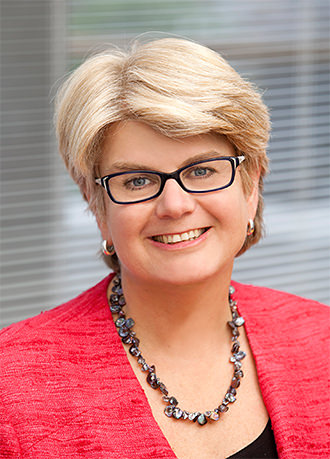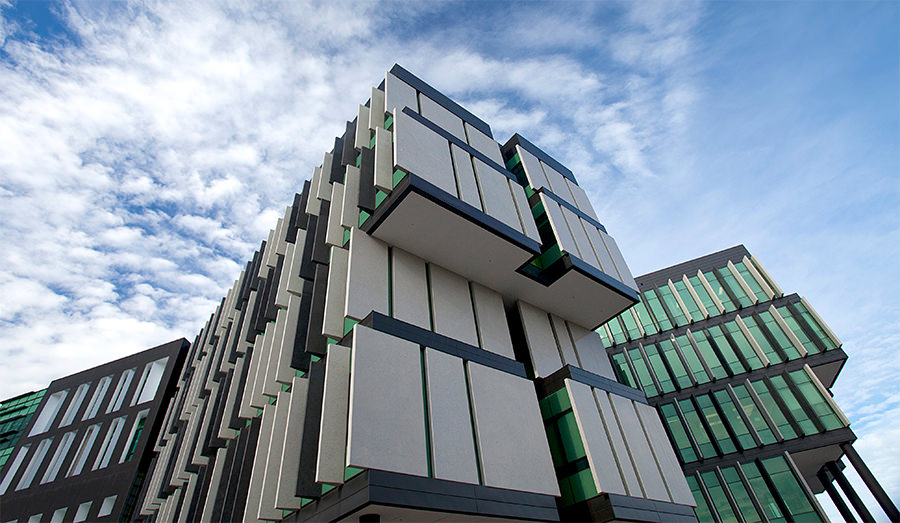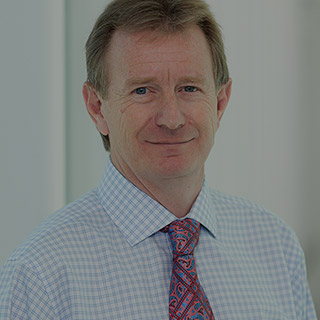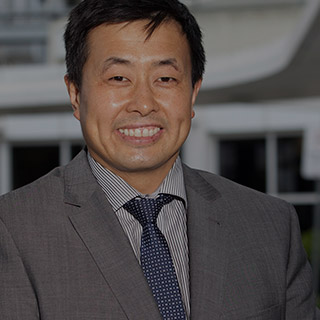Melbourne’s western region is now one of Australia’s fastest growing, most culturally diverse areas. Its population has doubled to more than 800,000 since the early 1990s. The hospital’s focus on medical research has grown too, responding to the region’s unprecedented population growth and its high rates of cancer, heart disease, stroke, diabetes and other illnesses.
More of its surgeons and surgical registrars are becoming involved in investigating the diseases that afflict their patients. Under the leadership of Professor Steven Chan, the hospital’s Professor of Surgery, a registrars research program was established about eight years ago. Surgical trainees in the program investigate a clinical problem and conduct research to try to solve it.
Registrars are expected to write a research paper and then present their findings at the hospital’s annual research week. The program has become increasingly popular among trainees.
The Kendall Francis Prize, named in honour of Kendall Francis, one of the hospital’s longest serving and most highly regarded surgeons, is awarded to the trainee who presents the best research paper.
Dr Arlene Wake, Western Health’s Director of Community Integration and Service Planning, was involved in naming the Kendall Francis prize. She said the award and the rising number of trainees and surgeons involved in research had enhanced the academic profile of surgery within and beyond the hospital.
“Research is something that you might think physicians spend more of their time dwelling on than surgeons, so the prize has added another element to the depth of surgery and the way it’s considered at the hospital,” she said.
“Getting good patient outcomes is a bit like having a three-legged stool. You need research and evaluation, the training leg and the leg that involves delivery of care to patients. It’s hard to have delivery of care to patients without the other two legs of the stool. Patient care is so much stronger if you can have all three of these elements in your own organisation.”
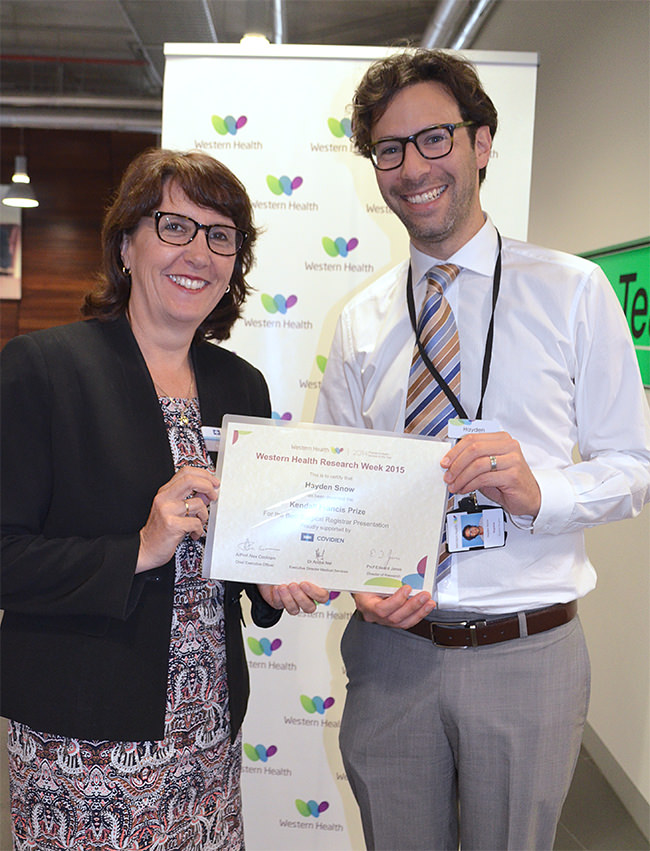
Hayden Snow receives the Kendall Francis Prize for the Best Surgical Registrar Presentation from Annette Tepper, of Covidien, the prize’s sponsor, at Western Health’s Research Week, 2015.
Western Health archives
The orthopaedics unit is one of the surgical specialties increasing its research capacity. In 2015 its surgeons and medical staff were involved in more than 30 research projects. The unit has three research staff, compared with none five years ago.
At a national orthopaedics conference in 2014, the unit’s medical staff presented 14 research papers at the conference podium – an unprecedented number for Western Health.
“To go from a hospital that hardly did any research and wasn’t known for its academia, to one that’s now known for its academia and medical research has required a group effort,” said Mr Phong Tran, head of the hospital’s orthopaedic unit.
“Chris Haw, as the former head of our unit, created the foundation for what we’ve achieved with great consultants on staff. We’ve built on that, with more of an academic and research base and more quality assurance for patients.”
The unit’s emphasis on research and evaluation has led to impressive patient results recorded in the National Joint Registry, an internationally-renowned data base that monitors the lifetime outcomes of patient hip and knee replacement operations performed in Australia’s hospitals. The registry records the results of individual surgeons and hospitals.
